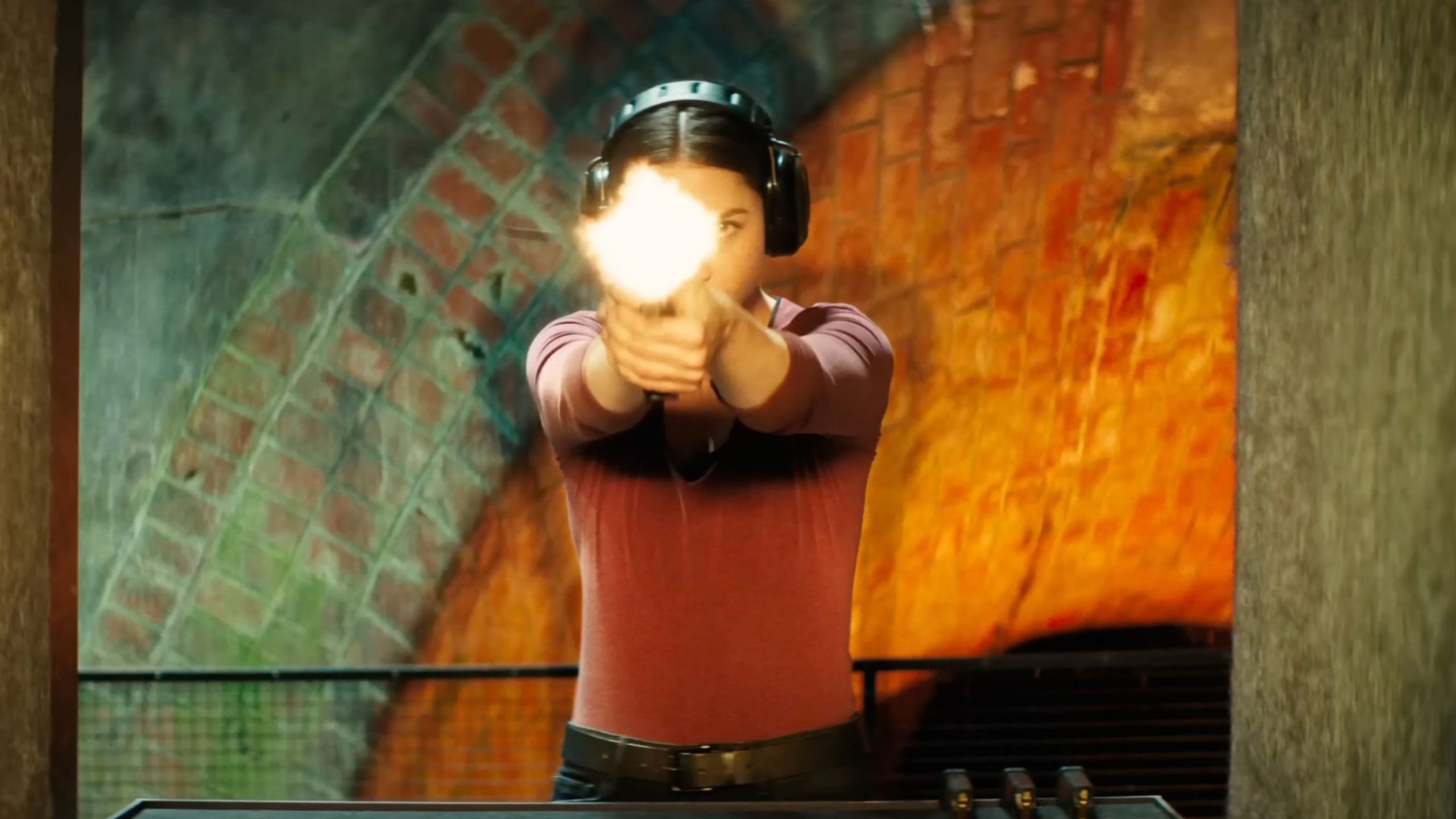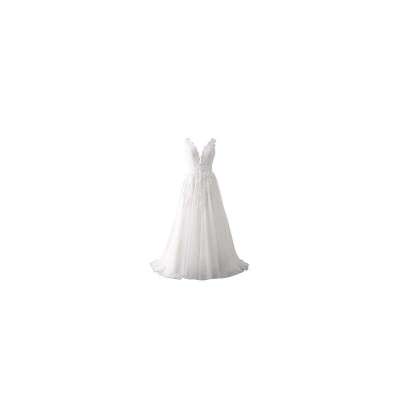
reclaimthenet.org
Ballerina Wants Applause Not Opinions
If you're tired of censorship and dystopian threats against civil liberties, subscribe to Reclaim The Net.
Somewhere deep in the bowels of Lionsgate’s marketing division, a whiteboard probably reads: “No negativity until after we’ve sold the tickets.” That’s the working thesis behind their latest shenanigan, a press censorship stunt disguised as an embargo policy, involving Ballerina; the upcoming John Wick spinoff movie that’s already had more facelifts than a Beverly Hills trophy wife.
The studio has apparently decided that letting critics critique is a little too dangerous. According to the terms of engagement, shared with Reclaim The Net, they allow early social media reactions beginning May 22, but with specific limitations. Posts must avoid spoilers (as is usual) but are also expected to convey enthusiasm.
Any content containing “critical social sentiment,” including balanced or negative commentary, is embargoed until June 4, nearly two weeks later. This structured rollout means early discussion will likely lean positive, as more substantive or critical opinions are restricted during the initial promotional window.
Early reaction embargoes vs full review embargoes are nothing new but here Lionsgate is explicitly allowing “enthusiasm” to be posted early and “critical” responses are to be delayed.
The messaging sent to critics invited to see From The World of John Wick: Ballerina, as shared with Reclaim The Net.
Embargoes have always been a weird handshake between studios and press: “We’ll let you see the movie early, but don’t spoil it.” Fine. Reasonable even. But what Lionsgate is doing with Ballerina isn’t about spoilers. It’s about quashing criticism. This is media manipulation with a velvet glove and a club behind its back. The press isn’t being asked to wait. They’re being told: chirp on command, or shut your mouth until we’re done selling opening weekend.
The rules are naked in their intent. Social media posts are allowed, but only if they’re stripped of anything that might suggest a thought was formed. No negative impressions, no critical analysis. Just good vibes and emojis. Formal reviews? Wait in the corner for nearly two weeks, by which time the hype train will have left the station.
This is the culmination of a slow, deliberate erosion of press freedom in the entertainment sphere. The arrangement is now simple: if you want the early screening, you don’t get to be honest. You get to be enthusiastic. That’s the cost of admission. And if you don’t like it? Don’t worry, you won’t be invited next time.
Journalists, especially the independents not tethered to some mega-conglomerate, are learning to dance around these policies like they’re stepping through a minefield. The result? The early coverage is glowing, not because the film always deserves it, but because it’s been rigged to be. Positivity isn’t always organic, it’s sometimes an obligation.
Ballerina is not simply another action flick. It’s a film that practically begs for scrutiny. Reports indicate the original director, Len Wiseman, was quietly shuffled off the project and the bulk of the movie was reworked under Chad Stahelski. Actor Ian McShane tried to be diplomatic but still let the mask slip, calling the changes not “reshoots,” but “new shoots.” That’s Hollywoodese for “we scrapped most of it and prayed the second version doesn’t stink.”
But the movie might be good and, just when you might want a professional critic to weigh in on whether Ballerina is a salvage job or a miracle, Lionsgate slaps duct tape over their mouths. By the time the embargo lifts, the only thing left to review might be the box office projections and a stack of influencer posts describing the movie as “awesome! movie of the year!.”
This isn’t just about one movie. It’s about a pattern. The whole landscape has shifted. Studios used to at least try to earn good buzz. Now they build it in a lab. Social media, which once offered raw, spontaneous reactions, is now another tool in the PR war chest. The first wave of posts sets the tone. The delay in dissent makes critical voices seem like sour grapes.
And let’s not forget the psychological trick at play here: by frontloading positivity and burying criticism under a heap of embargoes, anything less than praise, later on, reads like betrayal. It’s not just “The movie wasn’t great,” it’s “Why are you being negative when everyone loved it?”
This is what press censorship pressure looks like when it’s draped in lanyards and hashtag campaigns.
If you're tired of censorship and dystopian threats against civil liberties, subscribe to Reclaim The Net.
The post Ballerina Wants Applause Not Opinions appeared first on Reclaim The Net.














